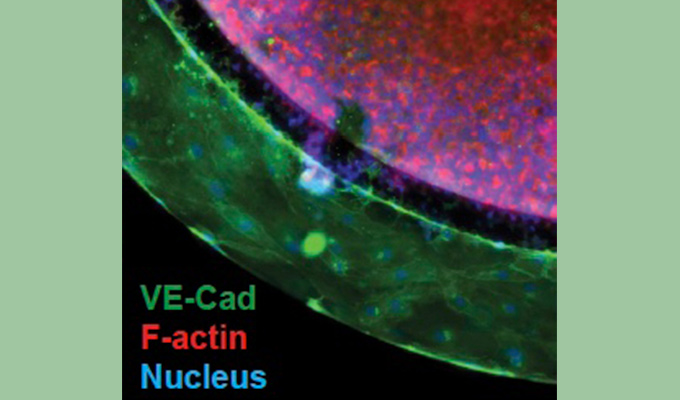Stem cell reference standards are Embryonic Reference Standard Cells of the International Stem Cell Initiative (ISCI). These products are the reference standards to validate the pluripotency status of cells of interest by flow cytometry or gene expression analysis .
These Embryonic Reference Standard Cells are characterized and validated to express representative biomarkers of the undifferentiated status of pluripotent stem cells. All lots thus produced are analysed against representative pluripotent markers (SSEA-3, SSEA-4, TRA‐1‐60, TRA‐1‐81, Oct4).
Prepared under aseptic conditions, each lot must pass meticulous screening processes (bacterial, fungal, and mycoplasma contamination). In addition, these International Stem Cell Initiative (ISCI) Reference Standards are cryopreserved ready-for-use vials.
Why use ISCI’s Embryonic Reference Standard Cells?
ISCI’s Standard Cells make the comparison across various experiments more accurate. They also provide an ideal external reference when monitoring pluripotency during cell reprogramming experiments.
A few applications:
- Establishing the baseline expression of undifferentiated markers of pluripotent cells to compare future batches or results
- Normalising experimental data and using them as an assay control
- Determining if unusual results are due to reagents or the ES cells – revealing potential issues to investigate
2 Flow Cytometry Reference Standards
- 2 million cells / vial of 2102Ep EC cells (clone 4/D3) Fixed
- 5 million cells / vial of 2102Ep EC cells (clone 4/D3) Fixed
The nullipotent human embryonal carcinoma line (paraformaldehyde fixed) provides standard measurements for undifferentiated pluripotent cells (iPS and ESC). They are easily maintained as a monolayer in an undifferentiated, homogeneous population.
In the data presented below, nearly 100% express cell surface and nuclear markers typical of undifferentiated human ESC (SSEA-4: 97% positive, TRA-1-60: 98% positive, SSEA-1 2% positive).

2 Embryonic reference standards stem cells for gene expression analysis
- 5 million cells / vial of Standard ESC cells 2102Ep EC cells (clone 2/A6)
- 5 million cells / via of Standard ESC cells 2102Ep EC cells (clone 4/D3)
Normalisation in gene expression experiments by PCR or profiling arrays is crucial.
In the data described below, the gene expression profile was examined using an Illumina Bead-Array containing 24,131 full-length and splice-variant transcripts from the human RefSeq database. These standard also highly express miRNAs specific to hESC lines.

These 4 ISCI Reference standards by GlobalStem are ideal for authentication and characterization of pluripotent cells.
External links
- International Stem Cell Initiative (ISCI) forum
- GlobalStem (high‐quality standardized reagents for stem cell research) by tebu-bio
What about your Stem cell research?
Leave any comments or remarks regarding the way you calibrate and characterize pluripotent ES / iPS cells!



